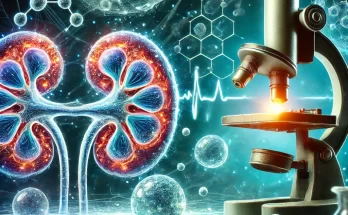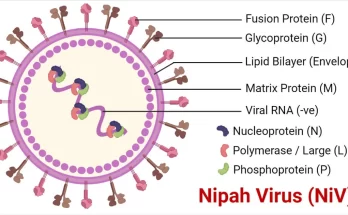About two weeks back the researchers reported the death of a US woman due to a bacterial infection that is resistant to all known antibiotics and scientists had emphasized the importance of the fight against the fast spreading antibiotic resistance throughout the world. A report in 2014 predicted that superbugs will kill 300 million people by 2050, and the United Nations had declared the issue a “fundamental threat“.
With the rapidly evolving nature of bacteria they develop resistance to antibiotics quite easily and fast, so most of the antibiotics we have been using are become useless.
Given the importance and the critical nature of this threat scientists around the world had been engaged in a difficult fight against the antibiotic resistance in bacteria. One such group of scientists from the Oregan State University recently discovered a molecule that can reverse the antibiotic resistance in bacteria, and make them vulnerable to the antibiotics again.
Scientists at OSU were part of an international collaboration that demonstrated the molecule’s ability to inhibit expression of an enzyme that makes bacteria resistant to a wide range of penicillins.
The molecule is a PPMO, short for peptide-conjugated phosphorodiamidate morpholino oligomer. The enzyme it combats is known as New Delhi metallo-beta-lactamase, or NDM-1, and it’s accompanied by additional genes that encode resistance to most if not all antibiotics.

“We’re targeting a resistance mechanism that’s shared by a whole bunch of pathogens,” said Bruce Geller, professor of microbiology in OSU’s College of Science and College of Agricultural Sciences, who’s been researching molecular medicine for more than a decade. “It’s the same gene in different types of bacteria, so you only have to have one PPMO that’s effective for all of them, which is different than other PPMOs that are genus specific.”
The Oregon State study showed that in vitro the new PPMO restored the ability of an antibiotic — in this case meropenem, an ultra-broad-spectrum drug of the carbapenem class — to fight three different genera of bacteria that express NDM-1. The research also demonstrated that a combination of the PPMO and meropenem was effective in treating mice infected with a pathogenic strain of E. coli that is NDM-1 positive.
Results of the study, supported by a grant from the National Institutes of Health, were recently published in the Journal of Antimicrobial Chemotherapy.
Geller says the PPMO will likely be ready for testing in humans in about three years.
“We’ve lost the ability to use many of our mainstream antibiotics,” Geller said. “Everything’s resistant to them now. That’s left us to try to develop new drugs to stay one step ahead of the bacteria, but the more we look the more we don’t find anything new. So that’s left us with making modifications to existing antibiotics, but as soon as you make a chemical change, the bugs mutate and now they’re resistant to the new, chemically modified antibiotic.”
Scientists believe this discovery to pave the way to discover more such solutions against antibiotic resistance and to find more effective novel methods to cure bacterial infections and diseases that are life threatening.



